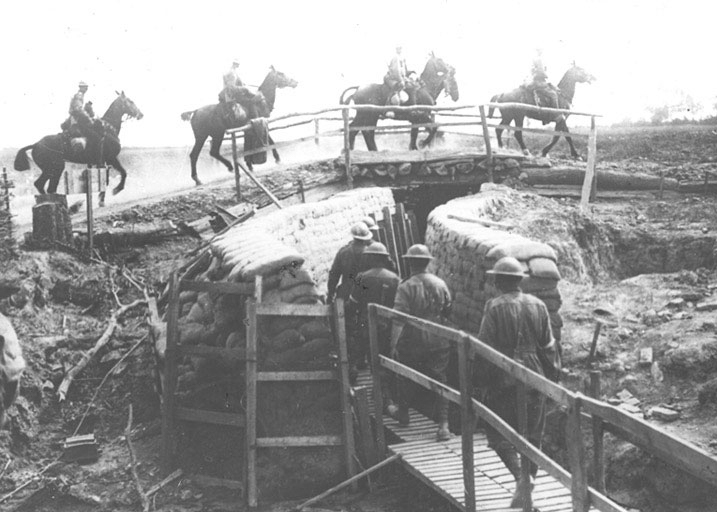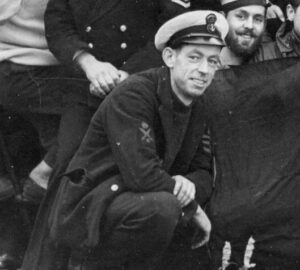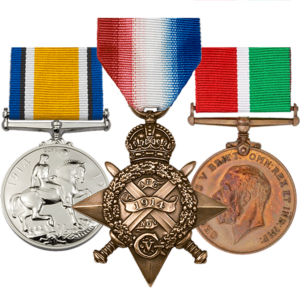Lawrence enlisted into the British Army on 31 January 1899 in Liverpool, joining the Corps of Hussars. He was described as 5 feet 6 inches tall and weighing 126 lbs, with a fresh complexion, blue eyes, dark brown hair, and a mole on the back right side of his shoulder. Although his age was recorded as 19 years and 10 months, he was actually nearly 21. He enlisted for seven years with the regular army, followed by five years as a reservist.
Lawrence was given serial number 4441 and joined the 7th Queen’s Own Hussars at Norwich in February 1899. This was an old cavalry regiment that dated back 200 years and had just returned from southern Africa the previous year. They were quartered at Norwich until the spring and then went to Colchester, staying in camp on the Abbey Field for the summer.
In September 1899, Lawrence transferred to the 20th Hussars and sailed to join them in India.
Boer War
The 20th remained in India for the first two years of the Boer War. They finally sailed for South Africa from Bombay in November 1901 onboard the ships Saint Andrew and Custodian. Christmas was spent at sea, and they disembarked at Durban before the end of the year. They entrained for Newcastle and from there, as soon as the horses were fit, trekked by a roundabout route to Perdekop.
Their first operation was a drive through Orange River Colony, beginning on 21 February 1902 and advancing south with two squadrons forward and a third in support. At the southern end of the drive, at Harrismith, they worked with the 14th Hussars to encircle the Boers and take 650 prisoners from Lukas Meyer’s commando. Fifty Boers were killed, and thousands of cattle and horses rounded up as well as 200 wagons.
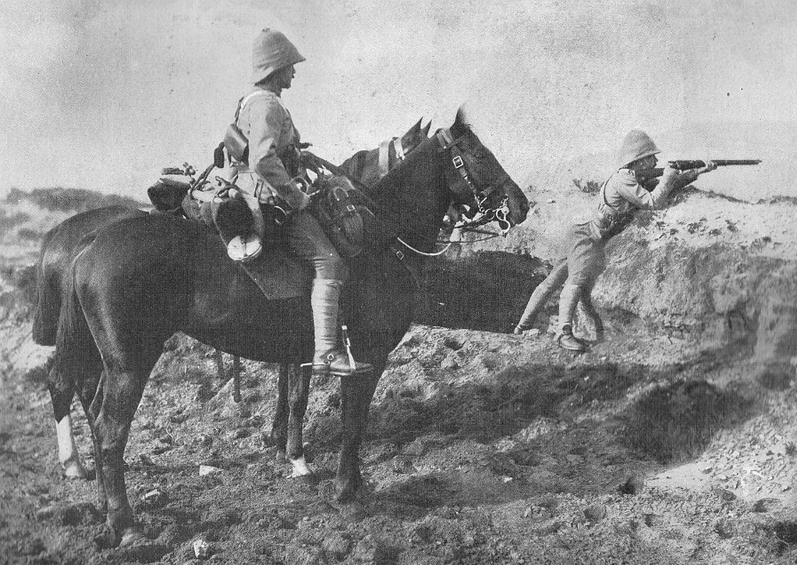
Following this success, the 20th was sent on further drives and sweeps to help collect the commandos of Christiaan De Wet and De la Rey. These involved riding up to 60 miles a day with frequent skirmishes, and night-time sweeps which ran the risk of men going missing. On 2 April 1902 a column commanded by Colonel Nixon, including one Troop of the 20th acting as rear-guard, was attacked at Strathnairn. Although surrounded they managed to fight until relieved.
The war ended on 31 May 1902 as the 20th arrived in camp at Heilbron after a lengthy drive. The war had cost the regiment eight men and one officer, very light compared to units involved earlier in the conflict.
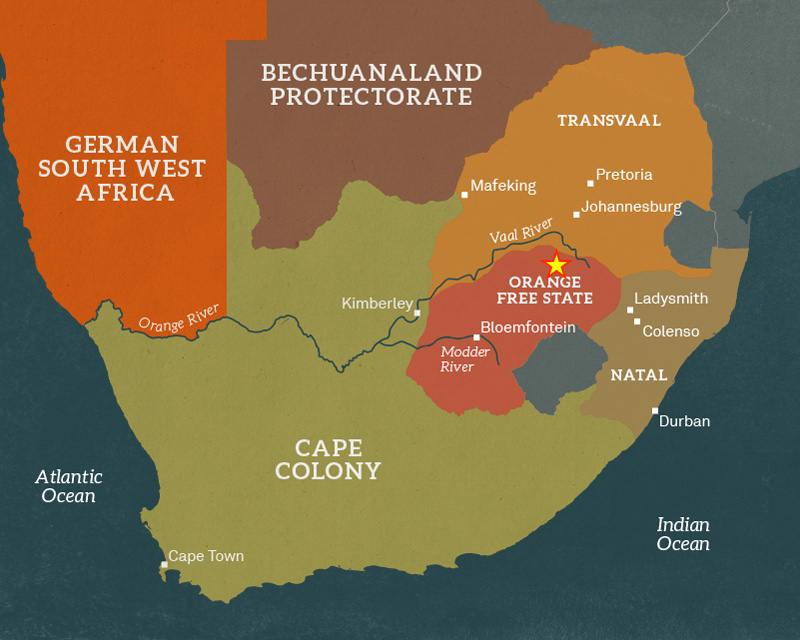
They camped near Pretoria and spent several months there during which leave was granted. In March 1903 they were ordered to sell their horses, mostly to the Boers, and prepare for embarkation. Lawrence got himself into a little bit of trouble on the 8th of the month for being drunk in camp at 8.40am! He was confirmed to barracks for three days.
Service in Egypt
The 20th then sailed from Durban onboard the Dunera to begin a tour of duty in Egypt. They were stationed at Aabbassiyeh in what today is southern Lebanon. Lawrence was again found drunk on 10 June, this time whilst on ‘Guard Mounting Parade’, for which he was given two extra guard duties, and then again on 15 September. This time he forfeited one of his good conduct badges and was confined to barracks for six days.
Return home and transfer to the reserves
By April 1904 Lawrence had completed five years of the seven he was committed to but decided to extend his service for an additional year in return for a pay rise. The 20th returned to England during 1904 and was stationed at Brighton. His good conduct badge was restored in September but forfeited again the following July for being ‘absent off permanent pass’, which I think is equivalent to absent without leave. He was fined 3 days’ pay. The 20th moved to Shorncliffe in Kent during 1906.
On 31 January 1907 Lawrence was transferred into the Section B Reserve on completion of his eight years’ service. This was the most common form of army reserve service and was for men who had completed their regular service. His conduct was described as good and his trade was a groom, while he had also been used as a Second Servant in regimental employ. He had been admitted to hospital several times, including three times for bouts of gonorrhoea between 1900 and 1903, once for chicken pox.
On 15 December, after only four years in the Section B Reserve, he was moved to Section D Reserve, which was for men who chose to extend for another four years.
War with Germany
The Army Reservists were mobilised immediately on the outbreak of the First World War. Leaving his pregnant wife behind, Lawrence re-joined the 20th Hussars, which had landed in France as part of the 5th Cavalry Brigade in the 2nd Cavalry Division in August 1914. Lawrence himself arrived in France on 6 October. He found them operating in Flanders in the area around Oosttaverne to the south of Ypres.
At this early stage, the war was still mobile and had yet to descend into the nightmare of trench warfare. The cavalry continued to be utilised in traditional roles – carrying out reconnaissance, guarding the BEF’s flanks, defending the rear, and charging approaching enemy formations.
The BEF, having recently stopped the German invasion at the Marne, had moved north into Flanders as part of an effort to outflank the Germans in France. On arrival, it encountered German forces attempting to do the same. There followed a series of battles often referred to as the ‘Race to the Sea’, where each side made unsuccessful reciprocal attempts to turn the northern flank of their opponent.
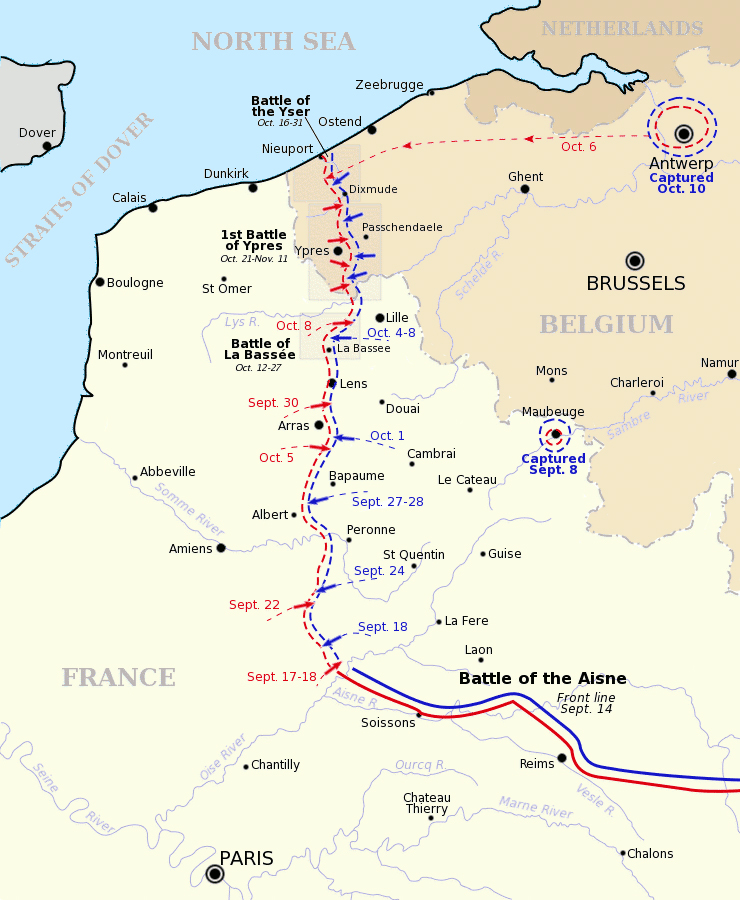
First Battle of Ypres
The Germans launched an offensive towards Ypres from the northeast on 19 October using their newly established Fourth Army. The inexperienced young Germans encountered the veteran BEF and were cut down in their hundreds at Becelaere and Langemarck, but the British suffered great casualties too. The 20th Hussars fought several actions between 30 October and 5 November in support of the French attacks on Messines with the loss of several men.
Following this each exhausted side began to dig in, creating trenches that would be easy to defend with small numbers of men. With each side now confined to a static area and separated by impregnable defences, there was little use for the cavalry in their traditional role. They could still act as a fast and highly mobile reserve, however, and as such the 20th Hussars spent the next few months billeted at places such as Neuve Eglise, Steenwerk, Fauquembrges, Rue Verte and then on to Ypres in mid-February. Lawrence was promoted to Lance Corporal on 13 November.
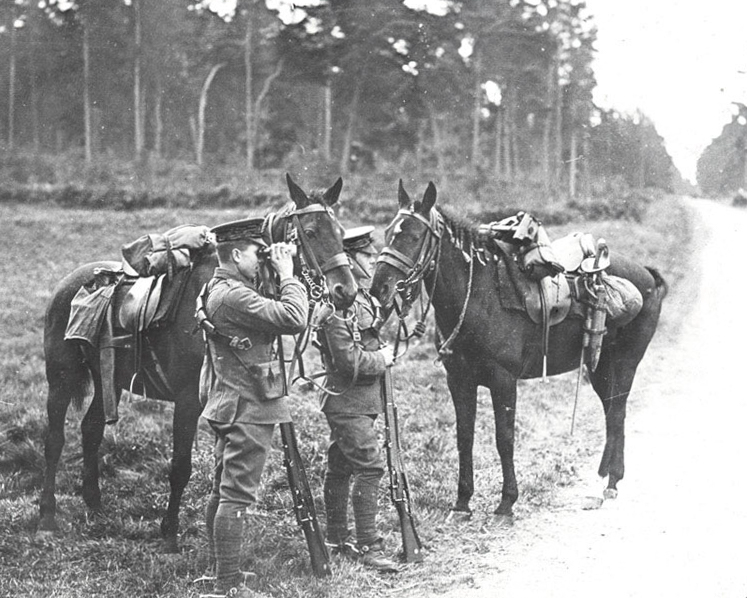
Manning the trenches
On 18 February the men of the 20th moved into the trenches near Ypres, taking over a section of the line as regular infantry. Three days later they launched an attack on the German trenches to counter a German attack further down the line, suffering several casualties. They were withdrawn after a week and returned to billets at Fauquembrges, with March and April then passing quietly. Lawrence was promoted to Corporal during this time.
On 23 April the unit began to ride the 45 or so miles to Vlamertinghe on the outskirts of Ypres, arriving the next day. They entered the trenches for another spell on the line on the 26th which resulted in six killed and 16 wounded before being withdrawn on 2 May.
On 7 May Lawrence was admitted to hospital for a contusion to the right thigh – in essence, when the muscles are compressed and crushed between the object or person delivering the blow and the underlying bone – and then on to a convalescence camp. His wife received a letter, which is still on file, informing her that he had been slightly wounded in action after being shot in the hip. This is curious as the war diary reports the unit in billets on this date. It’s likely that he was wounded during the period in the trenches. He was then transferred to a convalescence camp at Rouen. It’s not clear what happened to Lawrence next, but presumably he returned to his unit at some point.
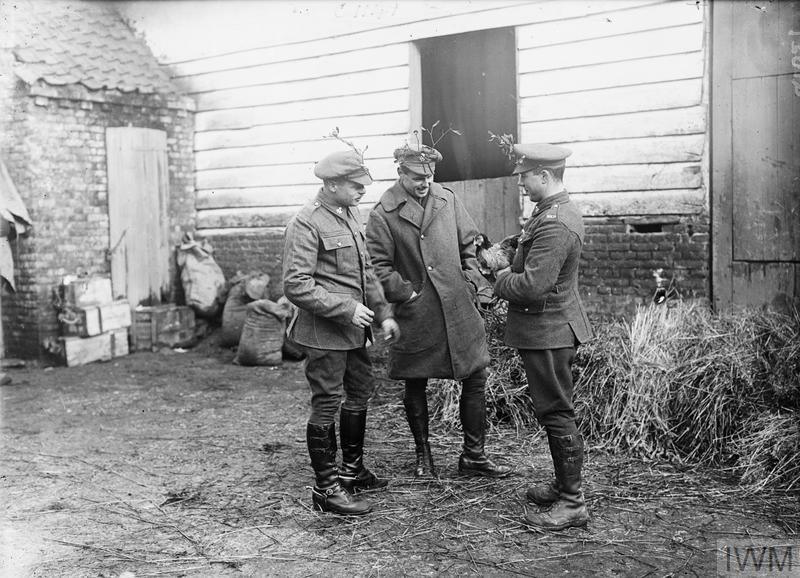
Discharge
Lawrence was discharged on 30 January 1916 at the Northern Cavalry Depot in Scarborough at the scheduled end of his reserve service, having sailed direct from Rouen along the Seine on the SS Empress Queen. Despite the continuing war, up until the introduction of conscription in June 1916 a man who had served under a regular engagement and who reached the normal expiry of that engagement could and would be discharged from the army. The man was known as ‘time expired’. There is little doubt that Lawrence would have been grateful to return home to his family, and he confirmed in an interview with the colonel commanding the depot that he was not willing to re-engage for the period of the war. The colonel described him as ‘a thoroughly sober and reliable man’.
Units
- 7th Queen’s Own Hussars (1899)
- 20th Hussars (1899-1907)
- Army Reserve (1907-1914)
- 9th (The Queen’s Royal) Lancers (1914-1916)
Medals





